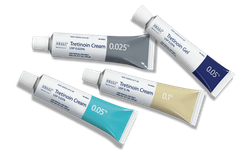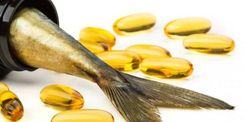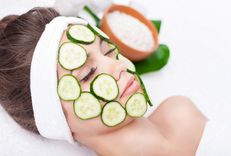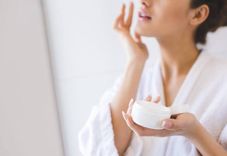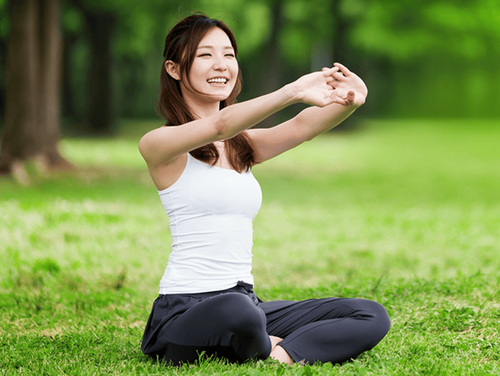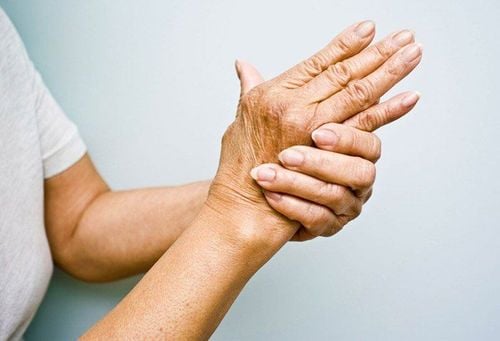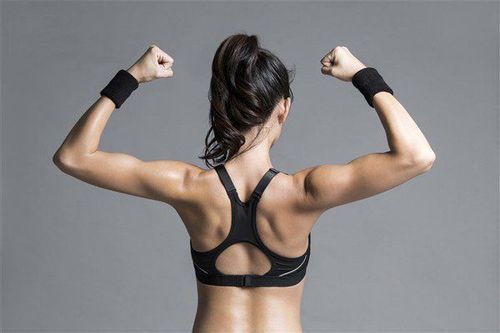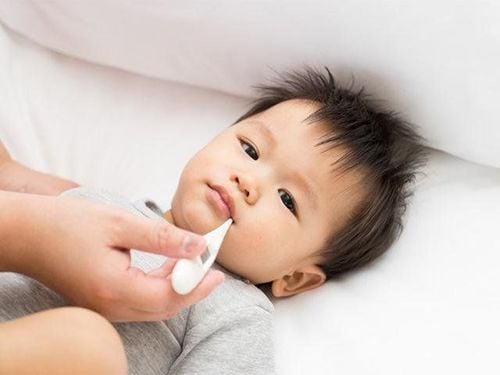Pimples on the buttocks are a common condition that causes discomfort and inconvenience in daily life, but not everyone is willing to visit a doctor for early treatment. Over time, the condition can worsen and lead to more serious complications.
1. Causes of pimples on the buttocks
The buttocks are a relatively covered area of the body, so when sweat accumulates, dead skin cells, and dirt cannot escape. This can lead to clogged pores, creating a favorable environment for pimples to develop. Additionally, the skin on the buttocks often experiences friction from tight clothing, which can cause irritation and pimple formation.
Other causes of pimples on the buttocks include:
- Skin conditions: Conditions like folliculitis (an inflammation of hair follicles, can cause pimples on the buttocks), keratosis pilaris (small, rough bumps on the buttocks), and abscesses (large, painful pimples forming clusters) are known to make the skin on the buttocks more prone to pimples. The most common cause is folliculitis, where irritated pores become red, swollen, sometimes with whiteheads, and may be painful or itchy. Folliculitis not only appears on the buttocks but can also occur anywhere on the body, often caused by friction from clothing or sweat accumulation, especially when wearing materials like nylon or polyester.
- Hormonal changes: Women are more likely to develop pimples on the buttocks due to fluctuations in hormone levels during their menstrual cycle or pregnancy. The thicker skin on the buttocks can trigger overactive sebaceous glands, leading to clogged pores and pimples.
- Diet habits: A diet rich in spicy foods, processed foods, or those high in preservatives can weaken liver function, making it harder to flush out toxins and potentially causing pimples on the buttocks. Additionally, excessive consumption of sugar, starch, or dairy can increase the risk of developing pimples.
- Poor hygiene: Wearing wet clothes or not changing underwear regularly can block the pores on the buttocks with sweat and dirt, leading to pimples.
- Hair removal methods: Improper hair removal techniques such as shaving or waxing can damage the skin, leading to infections and pimples.
- Pressure on the buttocks: Prolonged sitting puts pressure on the buttocks, which can lead to pimples due to constant friction or pressure on the skin.
- Genetics: It may sound unlikely, but doctors suggest that people whose parents have a history of pimples on the buttocks are more likely to experience the same issue.
- Stress: Stress can cause imbalances in the body, even leading to sleep disturbances, which can trigger pimples in various areas, including the buttocks.
When a pimple first appears on the buttocks, it often resembles acne, typically having a head with a white center. If accidentally pressed or irritated, it may burst, causing redness, pus, and a very uncomfortable itching or burning sensation. If not treated promptly, the pimple may harden, become darkened, and cause pain, leading to a loss of aesthetic appearance.
2. How to treat pimples on the buttocks
When people with pimples on their buttocks often have to sit a lot, it will be compressed, fester and become increasingly swollen, causing pain to the sufferer. At this point, attempting to pop the pimple at home is extremely dangerous and can result in infection or excessive bleeding. Therefore, when the pimple becomes large and painful, it's important to visit a hospital for examination, identify the underlying cause, and receive appropriate treatment.
If the pimple on the buttocks is red and swollen but not too painful, or if the patient is unable to visit the hospital for incision and drainage, some temporary home remedies can be considered while waiting for the pimple to fully mature before seeking medical treatment for drainage:
- Use 3-5% iodine alcohol to apply on the pimple after thoroughly cleaning the buttock area.
- Avoid sitting or applying pressure to the pimple by resting on hard surfaces.
- Do not touch the pimple with your hands, as this will cause the pimple to become hardened.
- After a few days, if the pimple begins to form pus and creates a head, it may rupture. At this point, the patient can drain the pimple and apply antibiotic ointment. However, it is still best to visit the hospital for a professional incision to remove the pimple completely or to have a doctor prescribe oral or injectable antibiotics as necessary.
For pimples on the buttocks that don't cause pain, discomfort, or significantly affect daily activities, patients should take proper measures to speed up healing and prevent complications. Some antiseptic medications recommended by doctors include:
- Betadine antiseptic
- 1% Rivanol or 1% silver nitrate solution
- 3% Lode alcohol
- Saline solution
- Fucidin
- Eosine
- Acne treatments containing salicylic acid
- Medications with Benzoyl Peroxide.
However, it is always best for patients to consult a doctor before using any treatments to avoid unwanted side effects. Even in cases where the pimples on the buttocks is mild, the doctor may prescribe oral antibiotics depending on the condition of the boil, along with vitamin B and C supplements. For antibiotics, patients must never self-medicate as it could lead to drug resistance.
It is important to note that for pimples on the buttocks that are filled with pus, swollen, have yellow or white cores, cause severe pain or itching, or have become hardened over a long period, traditional home remedies should be avoided to prevent worsening of the condition.

3. Preventing pimples on the buttocks
- Shower immediately after exercise: After exercising for about 20-30 minutes, it's important to take a shower to remove sweat, excess oils, and dirt from the skin. Showering helps keep the pores clear and reduces the likelihood of developing pimples.
Wearing sweaty workout clothes increases the risk of developing pimples on the buttocks, so if you can't shower right away, changing into dry clothes is better than staying in damp, sweaty attire. - Moisturize the buttocks: If you're concerned that using moisturizer might clog pores, you can use products containing lactic acid. This type of acid not only hydrates the skin but also helps exfoliate. Keeping the skin moisturized prevents folliculitis and reduces the risk of pimples on the buttocks.
- Exfoliate: Exfoliating is an essential step in treating any type of acne. It's best to choose exfoliating products with glycolic acid, as it helps treat pimples on the buttocks by keeping the pores clear.
- Wear appropriate clothing: Opt for cotton underwear that allows the skin to breathe and avoid tight clothing to reduce friction on the skin.
- Be gentle with your skin: Avoid scrubbing harshly or using overly abrasive exfoliating products, as this can worsen folliculitis and increase the risk of pimples. Be gentle when washing the sensitive skin of your buttocks and choose mild exfoliating products.
- Avoid foods that cause pimples: To prevent pimples on the buttocks, avoid greasy, overly sweet, or spicy foods. Additionally, maintain a healthy diet rich in vegetables, fruits, and regular physical activity.
To arrange an appointment, please call HOTLINE or make your reservation directly HERE. You may also download the MyVinmec app to schedule appointments faster and manage your reservations more conveniently.
